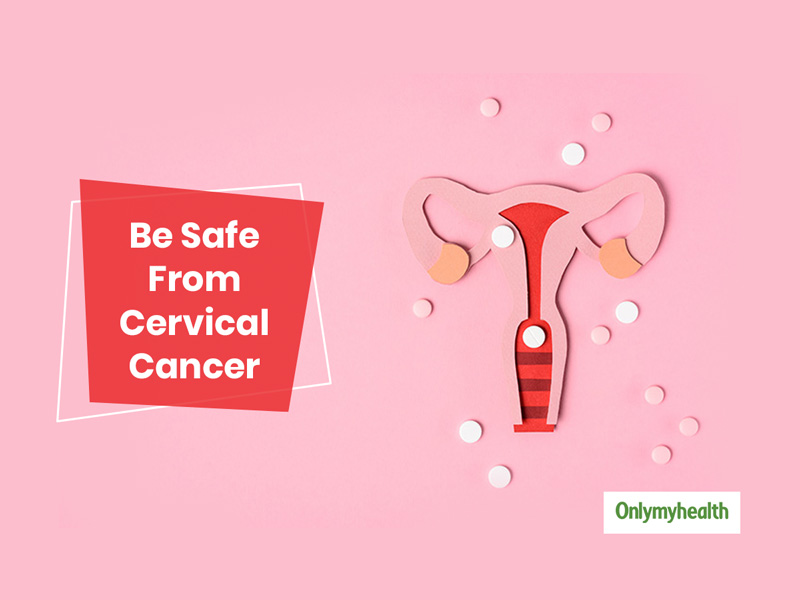
Cervical cancer is a growing concern for women’s health in India, affecting about 122844 of them every year, according to the latest report. In fact, India accounts for nearly one-third of the global cervical cancer-related deaths. Cervical cancer develops due to the abnormal growth of cells (dysplasia) on the cervix, located between the vagina and the uterus. The development of cervical cancer often takes several years. It has been observed that unawareness about identifying the risk factors and the early symptoms result in delayed detection of the condition among women resulting in significant mortality. This makes it essential for women to be aware of the common risk factors and signs in order to be able to prevent it or detect it early to avoid fatalities.
Table of Content:-

This World Cancer Day, let's spread awareness about cervical cancer in collaboration with Dr Shanthala Thuppanna, Head of Obstetrics & Gynaecology, Sakra World Hospital:
The risk factors of cervical cancer
1# Human papillomavirus (HPV)
HPV, a sexually transmitted infection that can be transmitted through skin-to-skin contact or during oral, vaginal and anal sex, is one of the most important and common risk factors for developing cervical cancer. There are several strains of HPV out of which some are low-risk. However, strains like HOV 16 and 18 attack the tissues in the cervix and in due course of time cause changes in the cervix cells and lesions that develop into cancer.
2# Other sexually transmitted diseases
Apart from HPV, other sexually transmitted diseases like human immunodeficiency virus (HIV) also weaken the body’s immune system, making it difficult to fight cancer or infections like HPV. Women suffering from Chlamydia, a sexually transmitted disease caused by an asymptomatic bacterial infection can also lead to cervical cancer.
3# Lifestyle habits
Certain lifestyle habits like smoking can increase the risk twice for a woman to develop cervical cancer. Not only does smoking reduce the ability of the body’s immune system to fight cancer causing infections but also introduces cancer causing chemicals in the body. Multiple sexual partners and becoming sexually active at early age.

Also Read: Cervical Health Awareness Month: Can A Simple Vaccine Protect You From Cervical Cancer?
4# Diet:
The diet also plays a vital role in developing cervical cancer. Women who are obese or are low in fruits and vegetable-based diets are more likely to develop certain kinds of cervical cancer.
5# Reproductive health medications
Women taking oral contraceptive pills containing synthetic versions of the hormones estrogen and progesterone for a prolonged period of time are at higher risk of developing cervical cancer compared to those who have not taken oral contraceptives.
6# Other risk factors
Women who have had more than three full-term pregnancies or were younger than 17 during their first pregnancy are at greater risk of cervical cancer.
Common symptoms of cervical cancer
The most familiar signs of cervical cancer in women include light spotting or bleeding before or after menstruation, extremely heavy or prolonged menstrual cycle, excessive bleeding after physical intercourse, bleeding after pelvic examination by doctors, more vaginal discharge, bleeding post-menopause and persistent back in the pelvic or back.

Preventing cervical cancer
Here are some tips that can help in preventing cervical cancer.
- Go for routine Pap tests that help doctors to detect early abnormal cells and act before the development of the cervical cancer
- Lifestyle change and Practice safe sex and use protection during intercourse.
- Getting vaccinated
- Give up smoking and avoiding thing which are known to cause cancer
With inputs from Dr Shanthala Thuppanna, Head of Obstetrics & Gynaecology, Sakra World Hospital
Read more articles on Cancer
Also watch this video
How we keep this article up to date:
We work with experts and keep a close eye on the latest in health and wellness. Whenever there is a new research or helpful information, we update our articles with accurate and useful advice.
Current Version